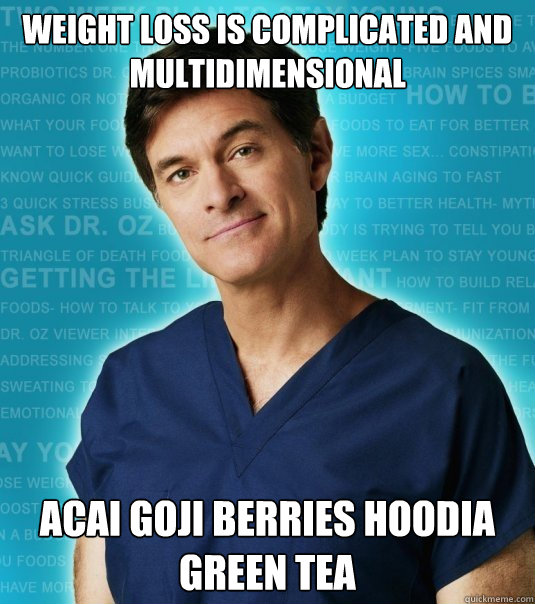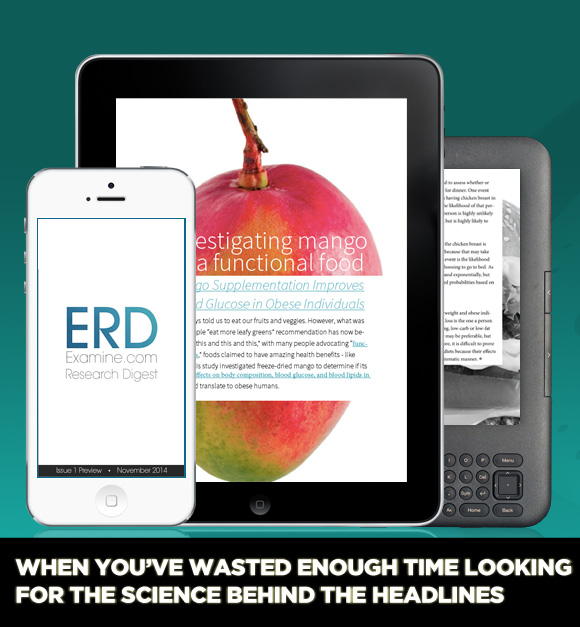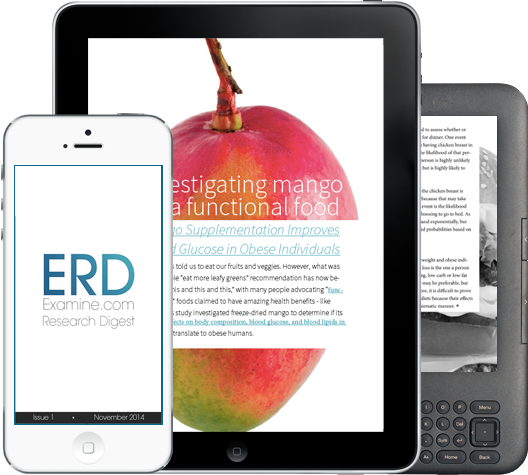How to Not Crash Into Dagobah and Parallels to Reading Research
Remember in Empire Strikes Back when Luke and R2D2 crashed into the swamp of Dagobah when they were searching for Yoda? If nothing I just said makes any sense to you, give your head a shake and bone up on your nerd culture, would you?? If you still don’t know, check this out, featuring a sick mashup with Lost.
[embedplusvideo height=”479″ width=”600″ editlink=”http://bit.ly/13NlI0g” standard=”http://www.youtube.com/v/nVWf4Hd1M_M?fs=1″ vars=”ytid=nVWf4Hd1M_M&width=600&height=479&start=&stop=&rs=w&hd=0&autoplay=0&react=1&chapters=¬es=” id=”ep2005″ /]
Now wouldn’t you think that a ship that could cross the galaxy as the equivalent of a 2 man fighter without needing to stop for refeuling, maybe hitting light speed once in a while, would also have the technological capacity to scan through fog, regardless of how dense? I would have thought Jedi and empirical forces would have built in some type of sonar, or something even more advanced, but I guess it was a long time ago in a galaxy far away..
The point of this is that Luke had his eye on the prize in landing on Dagobah to search out Yoda, but had a less than graceful landing because he had to trust the scopes and systems built into the fighter that didn’t account for fog (REALLY? FOG THREW YOU OFF, FIGHTER!?!??!?), and the results were a less than glamorous landing in a swamp and R2D2 getting lightly chewed and spit out by a swamp monster.
Crazy enough he had to rely on sensors when he tried to blow up the death star in the previous movie, and how did that turn out for him? He missed, and then had to use the force to aim his rockets. If only he would have thought to use the force again to help land his craft without the equivalent of Johnny Cash getting his tractor stuck in the mud in Walk the Line.
From there Yoda had to be all Yoda-like and help lift the fighter from the mud with a simple wave of his hand. If he was really a Jedi master he would have detailed and buffed that shiz for Luke, too, but oh well.
So here’s a break down of what happened:
- Luke knew where he wanted to go but didn’t know how to get there.
- He tried on his own using what tools he had available and failed as a result.
- Someone way smarter than him gave him some sage advice and a helping hand, and he reached his goals.
Sounds familiar? It’s the common theme in the world, and plays out especially prevalent in the world of fitness. Imagine you’re trying to lose weight and decide to do it on your own. You follow a low fat diet with lots of complex carbs, do your 30 minutes of cardio in the “fat burning zone” and try to take the stairs instead of the escalator. The first week shows some weight loss, but then nothing. What happened?
The funny thing is these were common recommendations 20 years ago before new research had been done to show the benefits for each of these aspects towards fat loss was minimal compared to other methods, and in some instances could actually hinder weight loss.
Wouldn’t it be nice to have a Yoda of your very own in your back pocket to refer to before you start doing something that would otherwise possibly go very wrong, or at best produce mixed results??
For myself, I’ve done a lot of stupid stuff and failed miserably at it along the way because I didn’t have the right kind of information. My grade 11 dance? I cringe at my pick up attempts now. Cracking a joke going through TSA? Not my best day. Heavy shrugs on the shoulder press machine while standing on the seat? It seemed to work, until it didn’t. I even got functional on bosus on stability balls on cables. It was like an Inception of stupid.
I’m not immune to stupid thinking, but it usually just takes someone way smarter than me in the ways of the force to steer me straight.
Hopefully you’re in the same boat and able to adapt to the dumb stuff you’ve done in the past (we all have, don’t worry I still love you). And a bigger hopefully is hopefully you have a good and wise Yoda in your back pocket showing you the right ways to do things backed by actual evidence of effect instead of some misinformation coming from someone who doesn’t actually have a clue about what they’re doing.
A brilliant example of this is concerning Vani Hari, otherwise known as the Food Babe. I don’t understand how she became popular or the voice of reason to some, as most of what she says is completely false or easily shown to be based on misconstrued information. A fantastic post HERE was written byKevin Folta, a PhD and program chairman from the University of Florida’s Horticultural Sciences department about when she came to do a guest lecture on food at his own university. Now you would think when it came to getting the best information from the most reputable source, the university would have hoped to give a speaking fee to one of their own, especially since he was just down the hall, and not completely full of crap.
A direct quote: “There’s something that dies inside when you are a faculty member that works hard to teach about food, farming and science, and your own university brings in a crackpot to unravel all of the information you have brought to students.”
So here’s the problem. Many of the crackpots speak in a language that the “average person” can easily digest and put into action whereas the PhDs who are so up to the bleeding edge of what works and what doesn’t, typically spend most of their time speaking in technical terminology and have difficulty relaying that information to people who don’t have advanced degrees in the subject. I struggled with that when I first started this blog too, and over time it got easier but I still get the odd email from someone saying they had to look up every third word in a post.
It doesn’t matter how right what you say actually is if someone doesn’t listen to what you say. Sometimes those who have the wrong info simply have the loudest voice that’s understood the best. Politicians understand this very well, and can boil down complex multifactorial concepts like health care into a couple small sound bites that frame well on the 6 o’clock news, even if the true meaning is sometimes lost.
So the average person doesn’t want to go directly through the researchers who know the best answers to their questions, and as a result they turn to the media for a summarization of the research and what it actually means. The downside to this that in many instances the information presented by the media is inaccurate. The goal of media is to grab attention, and as one CBC article stated, if research talks about the benefits or harm of coffee, red wine or chocolate, it’s going to get reported on, regardless of the findings.
Media outlets sell sizzle, not necessarily the steak. If an article makes people think there’s a definitive cause and effect action between eating dark chocolate (great than 70%, bitches!!) and losing weight, even if the actual data shows only a very small and non-significant impact to this, they’ll report it as the latest miracle fat loss cure, which means it will end up on Dr. Oz and the cycle of misinformation will be perpetuated.
Now the obvious connection would be to find a way for the researchers, PhDs and medical professionals to find a voice in a media type outlet so that their findings were accurately represented, yet displayed in a way that people could understand and put into action for themselves. Sounds simple, right? The downside is that when this has happened in the past it turned into either a battle of egos among those involved or wound up becoming another research journal annexed on Pub Med for none to see without library privileges and a student number.
That’s all going to change now.
Examine.com. You know them. They’ve written a couple of guest posts here, and also I’ve featured their Supplement Encyclopedia here before. They always put together top notch information and deliver it in a way that’s easy to reference, accurate, looks at all factors, and isn’t influenced by outside organizations trying to push their agenda. From a business standpoint, their ethics seems counterintuitive to producing the best bottom line, but they manage to build their business simply on the fact that they will not publish something that isn’t accurate to the research process or swayed by corporate agendas to favour certain outcomes. That means a lot these days.
Their most recent brain child is truly remarkable. They’ve launched the Examine Research Digest, a monthly summarization of some of the best new information from the world of research, overseen by a team of incredibly well versed professionals (5 researchers, 4 editors, 7 reviewers to make sure the info is accurate and awesome), written with the average consumer in mind, and organized to look more like a copy of Healthy Living than a research journal. They’ve also published it as an audio MP3 format to make it easier to listen to on your way to work versus trying to spend time reading everything.
Essentially, these are the Yoda’s you’re looking for.
The benefits to something like this is you can weed through the misinformation easily and find the actual information that may have an immediate effect on your life versus blindly trusting a headline designed for clicks instead of giving you accurate info.
For those who love reading research already, it helps to expedite the process having someone already summarize the info and deliver it in a quick and easy form, which allows you to save time on digging into it yourself, or potentially answering a question you may have had about the specific info presented by someone who also studies the hell out of this stuff.
I’ve had a chance to view some of the advanced issues of the ERD, and I have to say it’s gorgeous. They don’t want to skimp on any aspect of this and have put together a professional looking product with top notch information. It’s well worth the very small investment, which brings me to my final point.
For less than a dollar a day, you can access the digest. For this week only until November 9th, they’re discounting the initial launch price to only $24.99 a month. If you want to have a full year of issues, it’s only $20.75 a month, which is ridiculously cheap. It’s like getting one eggnog latte a week and spending that money on something that will actually bring you joy and happiness.
If you’re really feeling gregarious and want to smash your inner research geeks world to bits, they have a sick lifetime option as well. It is a significant investment, but it’s only one time and will have paid for itself after about 5 years compared to getting the monthly issues, so it’s something to think about.
Research is always important to understand, but shouldn’t be entirely the domain of graduate programs and university professors. The average person should have access to it and also understand how it affects their life, delivered in an accurate way that’s not all about sizzle. Steak sustains, not sizzle, so getting easy access to incredibly smart people who can relay important messages to easily digest is highly important, and one of the many reasons why I happily endorse this product.
Get on it before November 9th and you can secure your copies for the promotional rate and get smart while saving bank.





3 Responses to How to Not Crash Into Dagobah and Parallels to Reading Research